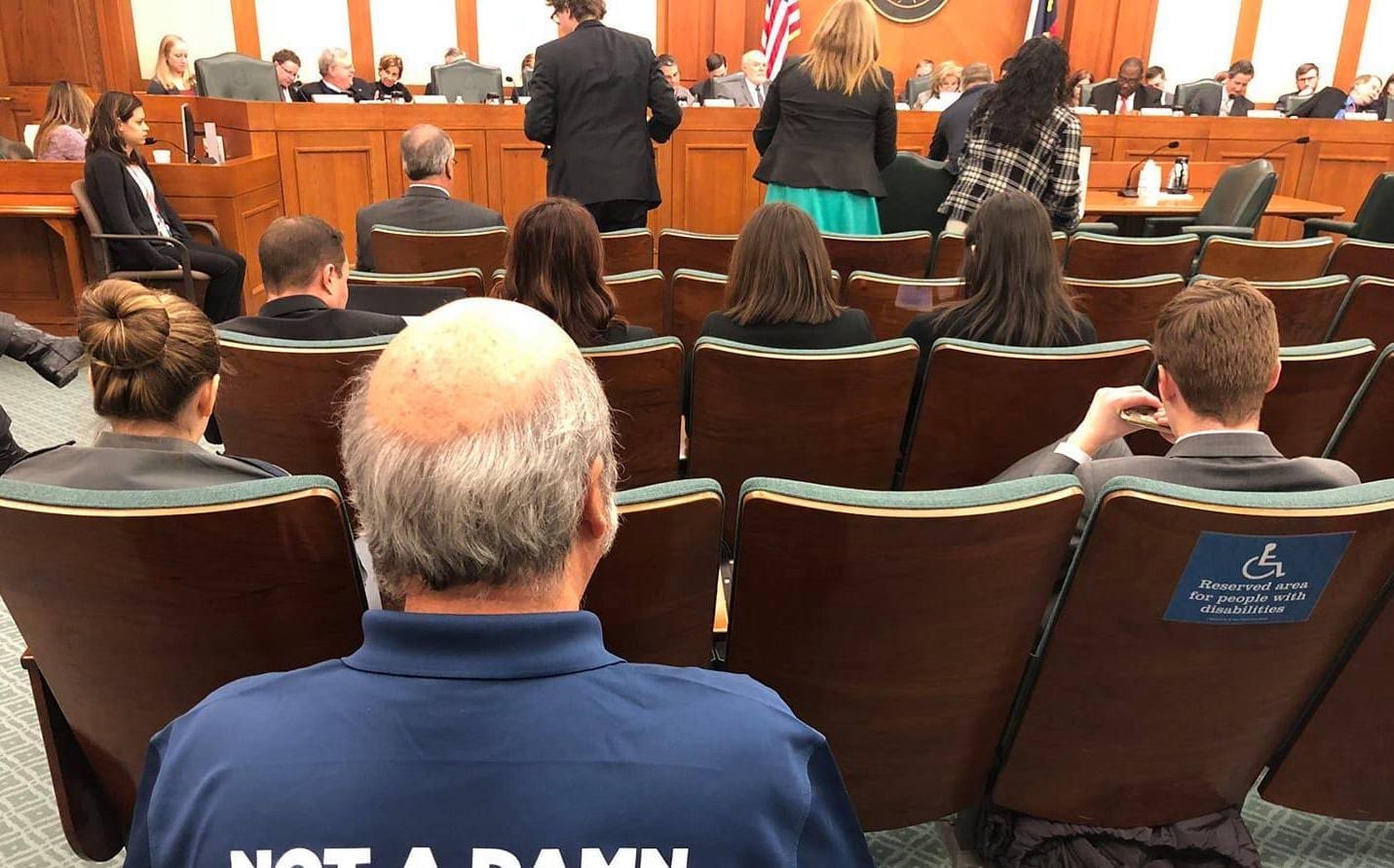Conservative Texans seem to be fighting a losing battle when it comes to gaining ground on legislative issues, even with Republicans in control of the process. Why is it so hard, and what can citizens do to effectively advance conservative policies in the Austin swamp?
How the battleground is set against conservatives
It’s simple: There is tremendous money—a good share of it taxpayers’—spent directly or indirectly to assure conservatives don’t reduce government spending or power or cut into cronyism in Austin.
It really is human nature. Who is listened to? The person who provides 5-star dining and corporate box seats, or the constituent who walks into the office or committee meeting with hand-typed sheets and scribbled notes? The nine lobbyists for every legislator who work the Capitol full-time, or the folks who come down for a hearing or two and then go home?
Then there are the professional leftist advocates working the other side. The billions that are dumped into “advocacy groups” to lobby Democrats at both state and national levels help pay for mobilizing a massive web of leftists to pound at the offices at the Capitol and arrive in busloads to testify on key issues.
When a bill came up on ICE immigration detainers in 2017, testimony against the bill was 600 to six (I know; I was one of the six). They show up because the money is there to make sure they do.
This is the battle, and it is the battle by all rights conservatives should lose 100 percent of the time. We do lose it far more than we win. But occasionally, we do get at least small, precious wins.
It is the lessons we learn from the small wins we need to turn into more and bigger wins.
How do we do that?
Lesson 1: Do your homework on good bills, bad bills, and even some minor ones.
Get to be known for actually knowing what you are talking about. Never address a bill without reading it fully—and understanding it. This takes time, and I wouldn’t start with the budget bill—at least, not in its entirety. Also, realize some bills make small changes in existing law that have a profound impact. Killing bad bills is more important than helping pass good ones; former State Rep. Jonathan Stickland was famous for doing that. Address minor bills on occasion; they are the easiest to get experience on and actually accomplish changes to.
Lesson 2: Don’t assume your legislators are your friends.
Lawmakers have far bigger and more important friends than you—in their own eyes. They only need you, or are scared of you, around election time. You need to treat them as someone you are doing business with, and understand they are constantly assessing whether helping you is going to come out to be cost-prohibitive to them.
Lesson 3: Work with legislative directors and chiefs of staff.
Lawmakers’ staff can be great allies—again, not as friends, but as business contacts. They are the ones actually getting most of the work done up until the committee hearings. From them, you can find out a lot of “inside the game” information and work to sway their bosses to some degree. Also, they have great capability to effect minor changes in bills and the like that can make profound differences. They are the ones that can most help in understanding the bills.
Lesson 4: Work by issue, and never assume who is for or against any one issue.
Again, for legislators, it’s cost analysis. They don’t mind being helpful—if it isn’t costly to them. Believe it or not, sometimes Democrats can be better allies on some issues than the mushy moderate GOP members, especially in “going against the way things are,” or on certain freedom issues, and (a few of them) even on social issues.
For example, Democrat State Sen. Eddie Lucio is positively the most courageous legislator in Austin on the pro-life issue. Many Democrats are willing to fight the dominant cronyism that bleeds tax money to sweetheart economic development deals (since they get a far smaller piece of it). Do not be reluctant to work to gain allies where ever you find them on an issue-by-issue basis.
Lesson 5: Don’t be a cookie-cutter version of an advocate.
Few things are less effective than legislators hearing the same points made in the same ways over and over again in committee hearings, whether it’s liberals with the same tear-jerking, heart-tugging stories or conservatives’ liberty and freedom stories.
You must be different—in an effective manner—both bringing common sense and logic as well as tugging heartstrings all in the three minutes you will be given to make an impression on any given committee.
There is no doubt being different allowed me to stand out and make an impact in the last session—from my “Not a Damn Lobbyist” shirts that made me famous/infamous throughout the Capitol to my testimony at the property tax committee that State Sen. Paul Bettencourt (who I consider the absolute hero on that issue in the session) noted as the best he’d seen.
Lesson 6: As much as possible, keep a good attitude through it all.
Even with my “Damn Lobbyist” theme, I let them know it was done (mostly) in good humor.
The best approach to try to practice (and I fail too often to accomplish) is being a political mixture of Mahatma Gandhi and Michael Corleone saying, “It’s not personal, it’s strictly business.”
Above all, try to be polite (or at least marginally respectful) to everybody in Austin. That is one of the hardest things to do, but you never know who might be a potential ally in the future. It helps to look at everything—not personally, but as principle and policy to support principle. People will slight you, will have contempt for you, while you are in the “swamp.” Reacting in kind only gives them power over you.
Lesson 7: Be happy with small steps forward, but never accept steps backward.
I have seen almost nothing significant accomplished in a single session. The political machinery works really hard against that. And while that can be maddening, it can also be a benefit in slowing up a lot of really stupid stuff. We all want to implement massive change—so does the other side, and they are better funded and organized to do so.
Work your issues, gain whatever ground you can, and commit to come back and gain more ground next time.
This is a commentary published with the author’s permission. If you wish to submit a commentary to Texas Scorecard, please submit your article to submission@texasscorecard.com.





